
Britain's first national conservation body is one and a half centuries old. To mark this milestone the Open Spaces Society have today published a book charting their 150-year struggle for commons, greens, open spaces and paths.
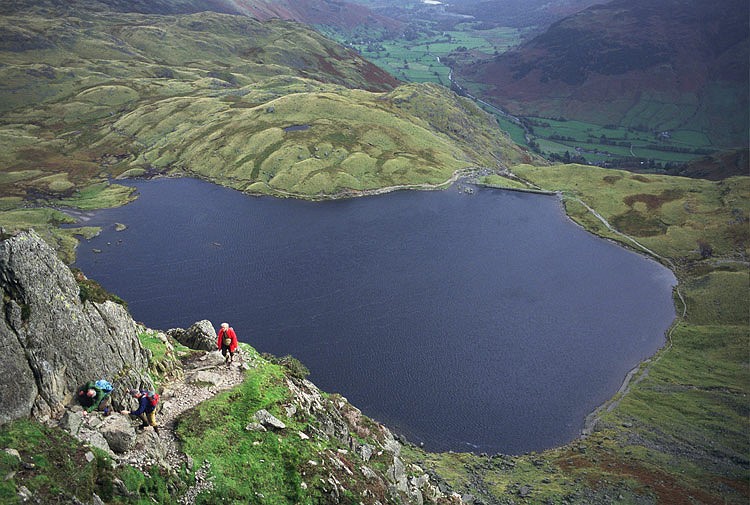
Written by the Society's general secretary, Kate Ashbrook, who with 31 years in post has a broad perspective on the history of the movement, Saving Open Spaces follows 'one of the most socially-vital campaigns of the last century and a half.'
‘The society has adopted a mix of methods to champion its cause' she writes; 'direct action as at Berkhamsted Common in 1866; drafting legislation, such as the Rights of Way Act 1932; court action, whether adversarial or friendly to establish a legal principle; lobbying and publicity; and, nowadays, social media.’
‘The society is needed now more than ever as it fights a multitude of threats to open spaces and paths' insists Kate.
'New laws endanger village and town greens, commons are still threatened with encroachment, and a politically-motivated cut-off in 2026 is set to prevent the recording of thousands of miles of ancient public paths unless we can get them on the map before then.’
The society was formed in 1865 as the Commons Preservation Society to rescue London’s threatened commons—Hampstead Heath, Wimbledon Common and Epping Forest for instance—before going on to found the National Trust in 1895. It soon expanded its remit to cover the whole of England and Wales, and to embrace all types of open spaces and public paths. It is responsible for much of the legislation which protects these places today.
Far from being a museum piece the Open Spaces Society continue to play an active role in current land disputes. Just today they have condemned controversial plans by the Lake District National Park Authority to sell seven of its sites in the national park, including the much-loved Stickle Tarn (see UKH news here).
Though the environment minister claims the sales are not related to National Park budget cuts, their announcement during a period of unprecedented belt tightening is bound to invite suspicion. In the last five years the park’s budget has been cut by £1.56 million, or 23 per cent; and further cuts are threatened by the present government.
The Open Spaces Society are among those deeply concerned about the sales. The land is all subject to access under the Countryside and Rights of Way Act, they say, but that does not protect the land in perpetuity.
‘A new owner may not have national park purposes at heart but may be driven by the potential commercial benefits to be wrung from the site' suggests Kate Ashbrook.
'Although such development would require planning permission, and the national park authority would, we hope, reject it, the development might be granted on appeal. We believe that if the national park authority sells this land it could be at risk.'
‘We have great sympathy with the park authorities who are suffering slashed budgets and we back the Campaign for National Parks’ battle against the cuts. But it is no solution to flog off land which should be held for the nation. We hope that the Lake District authority will change its mind even at this late hour.’
For more information on the work of the Open Spaces Society see their website. With a cover prove of £5, the book is available here.




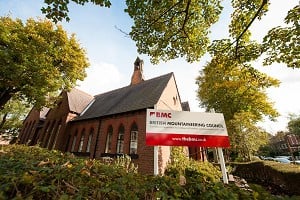

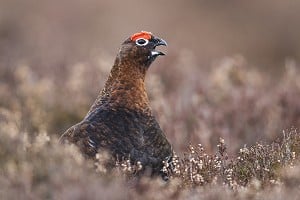

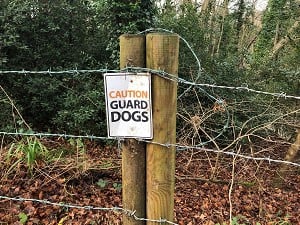
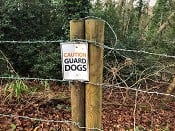
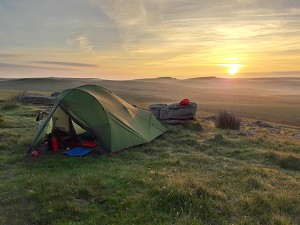

Comments